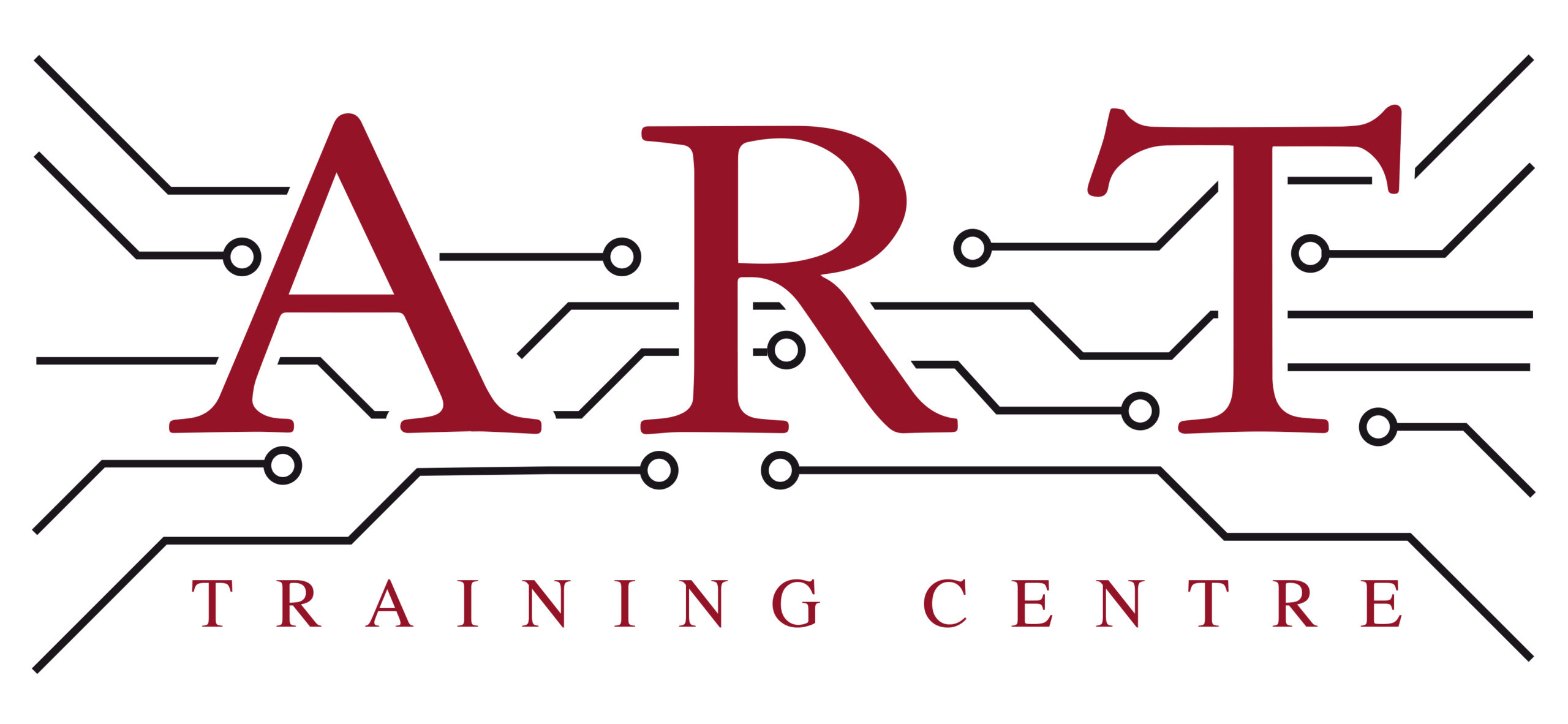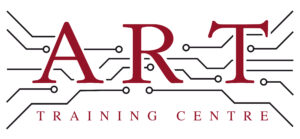Definition
Reliability is the ability of an electronic component or system to perform consistently over time without failure. In electronics manufacturing, it is a crucial concept that ensures products meet quality standards and function effectively in their intended environment. Reliability encompasses various factors, including design, materials, and manufacturing processes, and is essential for both consumer satisfaction and safety.
How It’s Used in the Industry
In electronics assembly, Reliability is applied through careful design and testing of printed circuit boards (PCBs) and soldering methods. Technicians begin by selecting high-quality materials and components, followed by implementing rigorous inspection processes during assembly. This includes visual checks and automated testing to identify faults early. For rework, reliability ensures that repairs maintain the original quality standards. Understanding reliability is crucial for both technicians in training and experienced professionals, as it directly impacts product performance and customer trust.
History & Origins
Reliability began to gain prominence in electronics manufacturing during the mid-20th century, particularly with the rise of military and aerospace applications that demanded high performance and durability. The development of standards, such as those from IPC (Institute of Printed Circuits), helped establish guidelines for reliability testing and quality assurance. Advances in technology, such as improved materials and manufacturing techniques, further highlighted the importance of reliability in ensuring that electronic devices could withstand harsh conditions and extended use.
Variations
There are several variations of Reliability, including operational reliability, which focuses on the performance of a device under normal conditions, and functional reliability, which assesses whether a device meets its intended functions. These differ from fault tolerance, which refers to a system’s ability to continue operating despite failures. Understanding these distinctions helps learners grasp the broader context of reliability in electronics and its critical role in product design and assessment.
Modern Applications
Today, Reliability is integral to electronics production and repair, particularly in advanced assembly techniques such as surface mount and through-hole soldering. It plays a vital role in ensuring that products comply with IPC standards for quality and safety. In professional training, reliability concepts are emphasised to prepare technicians for real-world challenges, ensuring they can produce and maintain high-quality electronic devices that meet customer expectations.
Practical Tips & Training
To enhance your understanding of Reliability, focus on safety practices, such as using proper personal protective equipment and working in a clean environment. Employ inspection techniques, like visual checks and functional testing, to identify potential issues early. Structured training and certification in electronics are essential for mastering reliability principles, equipping technicians with the skills needed to ensure high-quality outcomes in their work.


